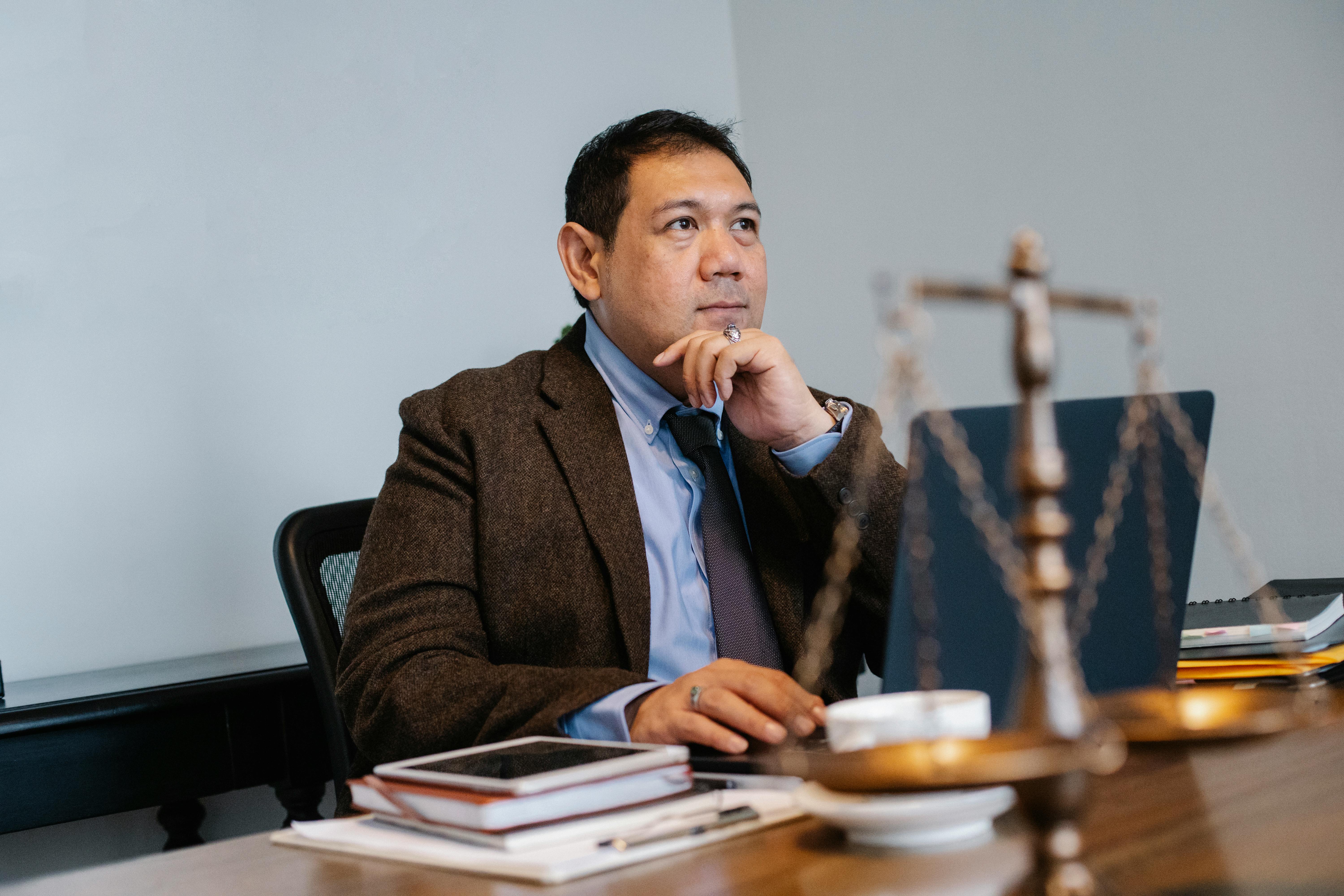
In the United States justice system, a wrongful conviction is not just a legal error; it is a profound tragedy that steals years, freedom, and reputations. As we move through 2025, the landscape of criminal law is evolving rapidly. With advancements in artificial intelligence, forensic science, and shifting legislative reforms, the role of criminal appeals attorneys has never been more critical.
These legal experts do not merely "retry" cases. They act as the last line of defense, meticulously combing through trial records to find the constitutional violations, procedural missteps, and judicial errors that led to an unjust verdict. Whether proving actual innocence through new DNA technology or challenging a sentence that exceeds statutory limits, appeals attorneys provide a vital second chance at justice.
Understanding the Criminal Appeals Process in 2025
Many defendants and their families mistakenly believe that an appeal is simply a new trial. It is not. An appeal is a highly technical legal argument presented to a higher court, asserting that specific errors occurred during the original trial that denied the defendant a fair process.
The process in 2025 is streamlined but strict. It begins with filing a Notice of Appeal, often within a tight 30-day window post-conviction. From there, your attorney drafts a comprehensive appellate brief. This document is the heart of the appeal, detailing every legal mistake—from improper jury instructions to the wrongful admission of evidence.
Unlike the dramatic courtroom scenes on television, much of this work happens behind the scenes, utilizing digital case management systems and AI-driven legal research tools that can analyze thousands of precedents in seconds to build a winning argument.
Common Grounds for Challenging a Conviction
What makes a successful appeal? It requires more than just dissatisfaction with the verdict. Experienced appeals attorneys focus on specific, reversible errors. In 2025, the most common grounds for appeal include:
- Ineffective Assistance of Counsel: When the original defense lawyer failed to provide competent representation, effectively denying the defendant their Sixth Amendment rights.
- Constitutional Violations: This includes illegal searches and seizures (Fourth Amendment) or coerced confessions.
- Prosecutorial Misconduct: Instances where the prosecution withheld exculpatory evidence or made improper arguments to the jury.
- New Evidence: The discovery of new witness testimony or forensic data that was unavailable during the original trial.
The Role of Technology: AI and Digital Forensics
Technology has become a game-changer in the fight against wrongful convictions. Appeals attorneys in the USA are now leveraging AI-powered tools to detect inconsistencies in witness testimonies and review body-cam footage with granular precision. Digital forensics allow experts to recover deleted data from smartphones or analyze GPS records to prove a defendant's alibi definitively.
Furthermore, the integration of blockchain technology in some jurisdictions is ensuring the chain of custody for evidence is immutable, preventing tampering and ensuring that the truth remains preserved for appellate review.
Real-World Impact: Overturning Wrongful Convictions
The impact of skilled appellate advocacy is measurable in human lives saved. We have seen a surge in exonerations across states like California, Texas, and New York. For instance, recent cases have utilized advanced DNA re-testing to clear individuals wrongfully convicted of homicide decades ago. Other cases have hinged on digital surveillance analysis proving mistaken identity.
These victories highlight a crucial truth: the justice system is fallible, but with persistent and expert legal representation, errors can be corrected.
Why You Need a Specialized Appeals Attorney
Navigating the appellate courts is a distinct discipline from trial advocacy. It requires a lawyer who is a master of legal research, a persuasive writer, and a strategic thinker. The deadlines are unforgiving, and the procedural rules are complex. A missed deadline or a poorly drafted brief can result in the permanent loss of your right to appeal.
If you or a loved one is facing the aftermath of a wrongful conviction, do not lose hope. The fight is not over. By securing a dedicated criminal appeals attorney, you are taking the first decisive step toward reclaiming your future.